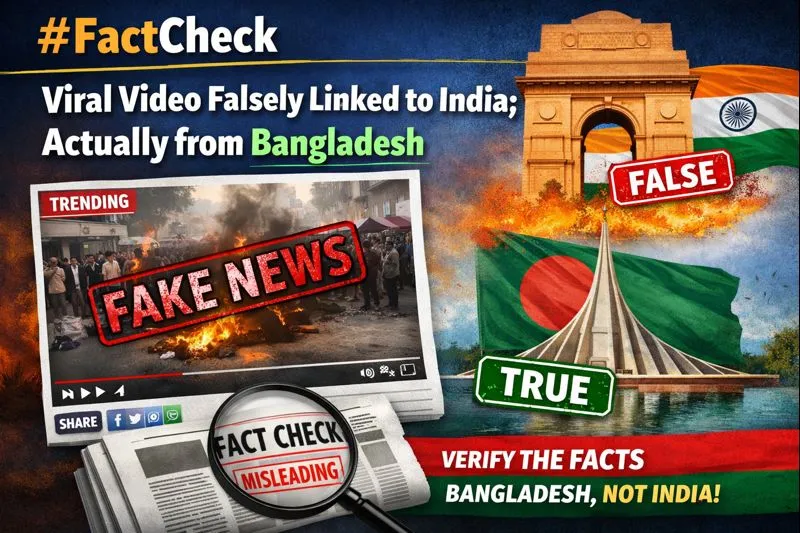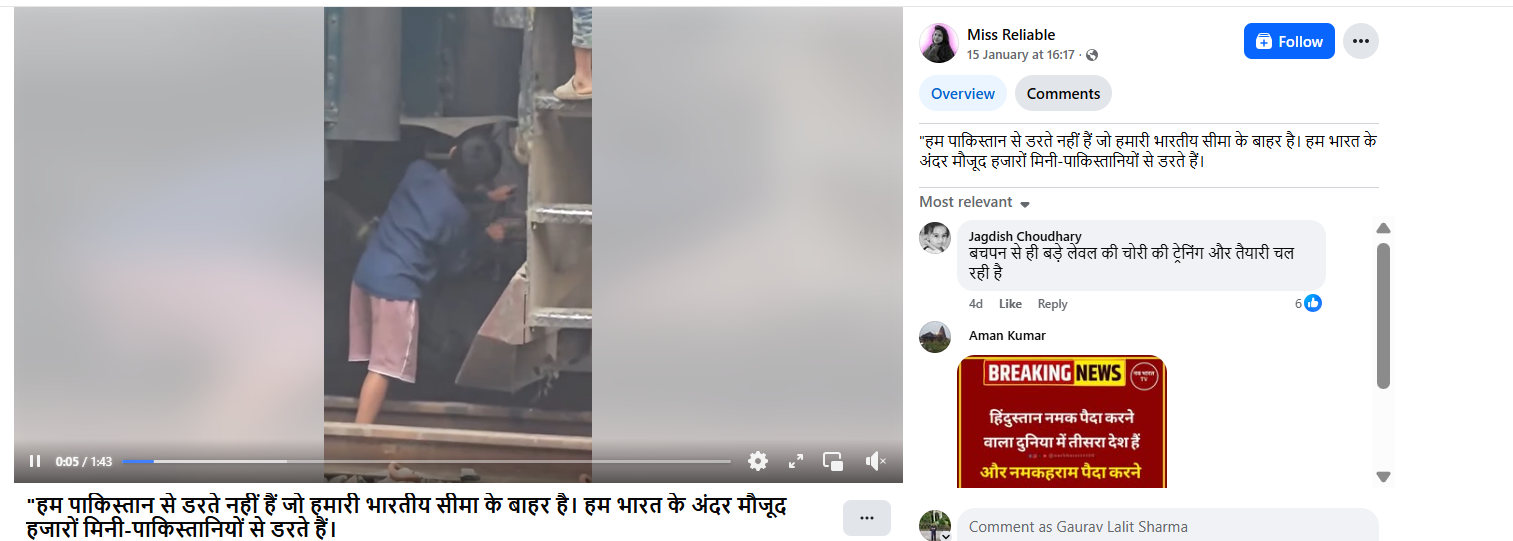Introduction
Conversations surrounding the scourge of misinformation online typically focus on the risks to social order, political stability, economic safety and personal security. An oft-overlooked aspect of this phenomenon is the fact that it also takes a very real emotional and mental toll on people. Even as we grapple with the big picture questions about financial fraud or political rumors or inaccurate medical information online, we must also appreciate the fact that being exposed to misinformation and becoming aware of one’s own vulnerability are both significant sources of mental stress in today’s digital ecosystem.
Inaccurate information causes confusion and worry, which has negative consequences for mental health. Misinformation may also impair people's sense of well-being by undermining their trust in institutions, authority figures, and their own judgment. The constant bombardment of misinformation can lead to information overload, wherein people are unable to discriminate between legitimate sources and misleading content, resulting in mental exhaustion and a sense of being overwhelmed by the sheer volume of information available. Vulnerable groups such as children, the elderly, and those with pre-existing health conditions are more sensitive or susceptible to the negative effects of misinformation.
How Does Misinformation Endanger Mental Health?
Misinformation on social media platforms is a matter of public health because it has the potential to confuse people, lead to poor decision-making and result in cognitive dissonance, anxiety and unwanted behavioural changes.
Unconstrained misinformation can also lead to social disorder and the prevalence of negative emotions amongst larger numbers, ultimately causing a huge impact on society. Therefore, understanding the spread and diffusion characteristics of misinformation on Internet platforms is crucial.
The spread of misinformation can elicit different emotions of the public, and the emotions also change with the spread of misinformation. Factors such as user engagement, number of comments, and time of discussion all have an impact on the change of emotions in misinformation. Active users tend to make more comments, engage longer in discussions, and display more dominant negative emotions when triggered by misinformation. Understanding the evolution pattern of emotions triggered by misinformation is also important in view of the public’s emotional fluctuations under the influence of misinformation, and social media often magnifies the impact of emotions and makes emotions spread rapidly in social networks. For example, the sentiment of misinformation increases when there are sensitive topics such as political elections, viral trending topics, health-related information, communal and local information, information about natural disasters and more. Active misinformation on the Internet not only affects the public's psychology, mental health and behavior, but also has an impact on the stability of social order and the maintenance of social security.
Prebunking and Debunking To Build Mental Guards Against Misinformation
As the spread of misinformation and disinformation rises, so do the techniques aimed to tackle their spread. Prebunking or attitudinal inoculation is a technique for training individuals to recogniseand resist deceptive communications before they can take root. Prebunking is a psychological method for mitigating the effects of misinformation, strengthening resilience and creating cognitive defenses against future misinformation. Debunking provides individuals with accurate information to counter false claims and myths, correcting misconceptions and preventing the spread of misinformation. By presenting evidence-based refutations, debunking helps individuals distinguish fact from fiction.
What do health experts say about online misinformation?
“In the21st century, mental health is crucial due to the overwhelming amount of information available online. The COVID-19 pandemic-related misinformation was a prime example of this, with misinformation spreading online, leading to increased anxiety, panic buying, fear of leaving home, and mistrust in health measures. To protect our mental health, it is essential to cultivate a discerning mindset, question sources, and verify information before consumption. Fostering a supportive community that encourages open dialogue and fact-checking can help navigate the digital information landscape with confidence and emotional support. Prioritising self-care routines, mindfulness practices, and seeking professional guidance are also crucial for safeguarding mental health in the digital information era.”
In conversation with CyberPeace ~ Says Dubai-based psychologist, Aishwarya Menon, (BA,in Psychology and Criminology from the University of Westen Ontario, London and MA in Mental Health and Addictions (Humber College, University of Guelph),Toronto.
CyberPeace Policy Recommendations:
1) Countering misinformation is everyone's shared responsibility. To mitigate the negative effects of infodemics online, we must look at developing strong legal policies, creating and promoting awareness campaigns, relying on authenticated content on mass media, and increasing people's digital literacy.
2) Expert organisations actively verifying the information through various strategies including prebunking and debunking efforts are among those best placed to refute misinformation and direct users to evidence-based information sources. It is recommended that countermeasures for users on platforms be increased with evidence-based data or accurate information.
3) The role of social media platforms is crucial in the misinformation crisis, hence it is recommended that social media platforms actively counter the production of misinformation on their platforms. Local, national, and international efforts and additional research are required to implement the robust misinformation counterstrategies.
4) Netizens are advised or encouraged to follow official sources to check the reliability of any news or information. They must recognise the red flags by recognising the signs such as questionable facts, poorly written texts, surprising or upsetting news, fake social media accounts and fake websites designed to look like legitimate ones. Netizens are also encouraged to develop cognitive skills to discern fact and reality. Netizens are advised to approach information with a healthy dose of skepticism and curiosity.
Final Words:
It is crucial to protect mental health by escalating and disturbing the rise of misinformation incidents on various subjects, safeguarding our minds requires cognitive skills, building media literacy and verifying the information from trusted sources, prioritising mental health by self-care practices and staying connected with supportive authenticated networks. Promoting prebunking and debunking initiatives is necessary. Netizen scan protect themselves against the negative effects of misinformation and cultivate a resilient mindset in the digital information age.
References:
- https://www.hindawi.com/journals/scn/2021/7999760/
- https://www.ncbi.nlm.nih.gov/pmc/articles/PMC8502082/










.webp)
.webp)
